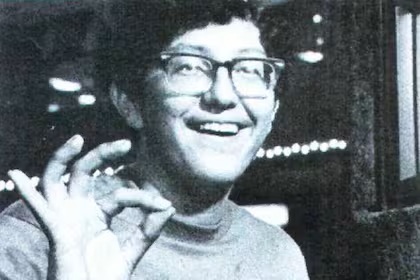
Rebecca Heineman: The Programmer Who Shaped Gaming History
From Space Invaders champion to gaming pioneer, LGBTQ+ icon, and digital preservationist reshaping industry standards.
Rebecca Heineman cracked the rules open like safes and rewrote the them in the process. At 16 years old, she walked into the 1980 National Space Invaders Championship and walked out as the first U.S. video game champion. That moment marked the birth of a new kind of person: the programmer as protagonist.
Her career reads like the hidden cool level of gaming history. Co-founder of Interplay in 1983, she helped build the DNA of Wasteland, Fallout, and Baldur’s Gate. She founded Logicware, Contraband Entertainment, and Olde Sküül like she was speedrunning entrepreneurship, way before it was seen as trendy as today. Over 70 game credits, crazy stats. Mac OS, SNES, PS4 kernel code, Doom on 3DO. She translated worlds across consoles like she was teaching machines how to glow.
Code, Courage, And The Body As Battlefield

Even while engineering the future, her greatest work might be the way she held her own humanity. As a transgender woman in a tech world that didn’t know how to speak her language yet, she became one of its translators. She didn’t just exist in the industry. She reshaped it. Chair of Amazon’s LGBTQ+ group. Board member at GLAAD. Gayming Icon Award in 2025.
And when cancer tried to knock her offline, she answered with endurance. Community followed her updates like patch notes for survival. She simply refused to let adversity erase her. She might helped create huge games with heroes, but she was a real one.
Legacy Mode: Never Game Over

Rebecca was also a preservationist. A digital archivist of game source code, quietly guarding history so players of the future can still touch the past. She knew nostalgia is a living thing and deserves oxygen. She showed it in her own way too: Sailor Ranko her Sailor Moon x Ranma ½ fan comic, winning multiple awards like a love letter to the things that raised her.
If gaming has a heart, it beats in people like her. People who treat code like art, because it is. People who survive and evolve and keep creating anyway, because she did. She once wrote entire worlds into existence. And she’s living through them. Just proving, again and again, that game over doesn’t always mean stop. Sometimes it means continue.
Insert coin.











